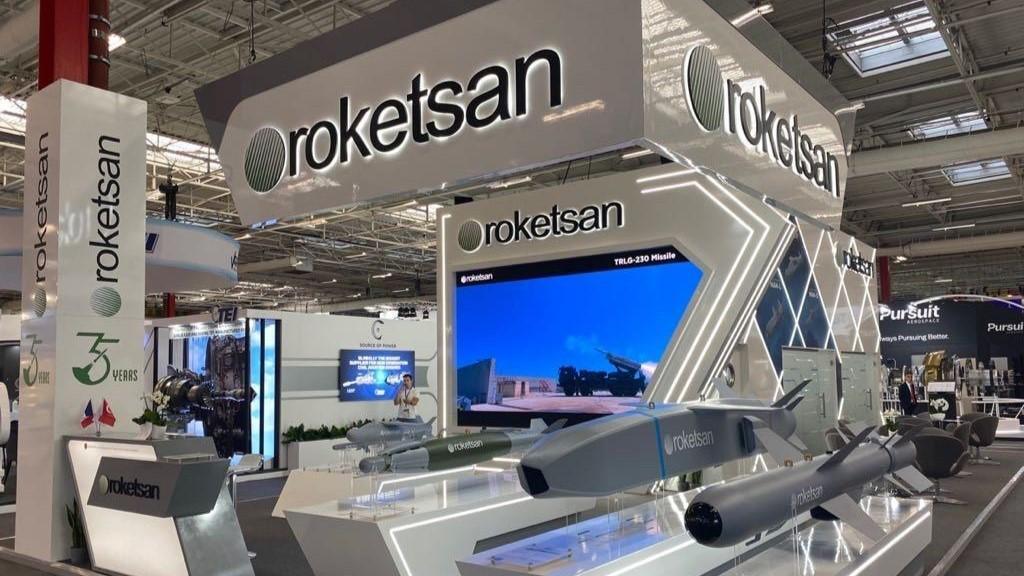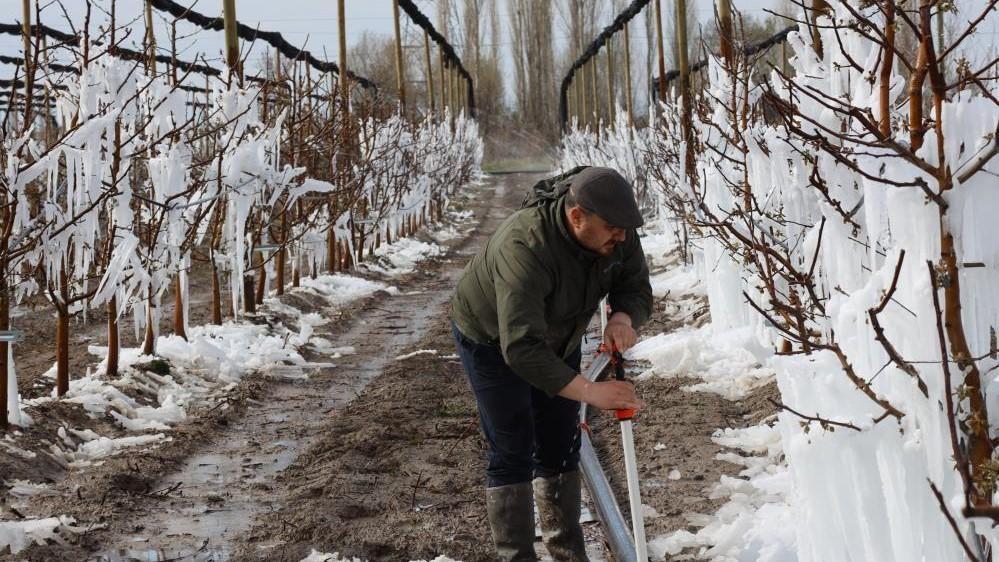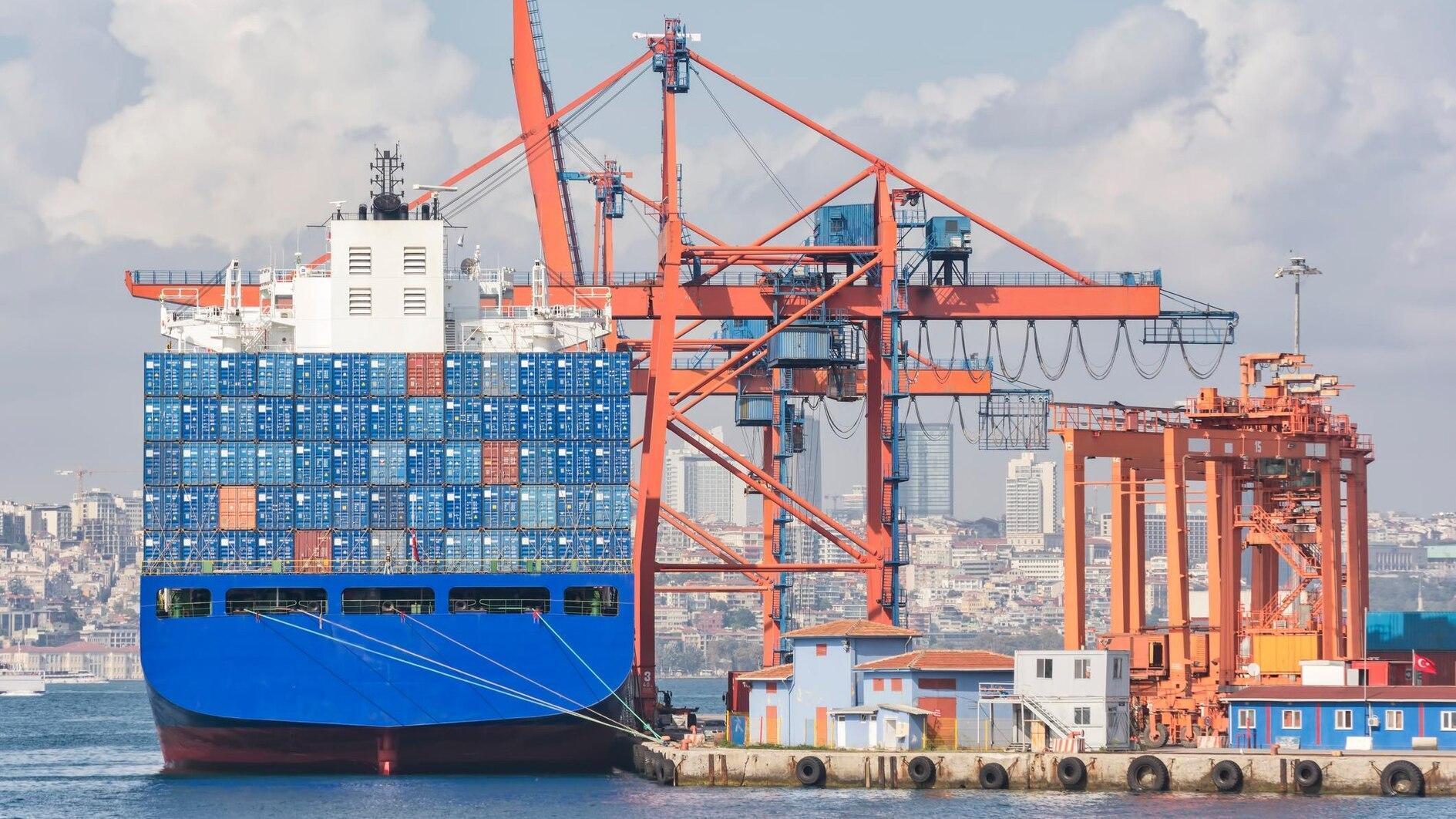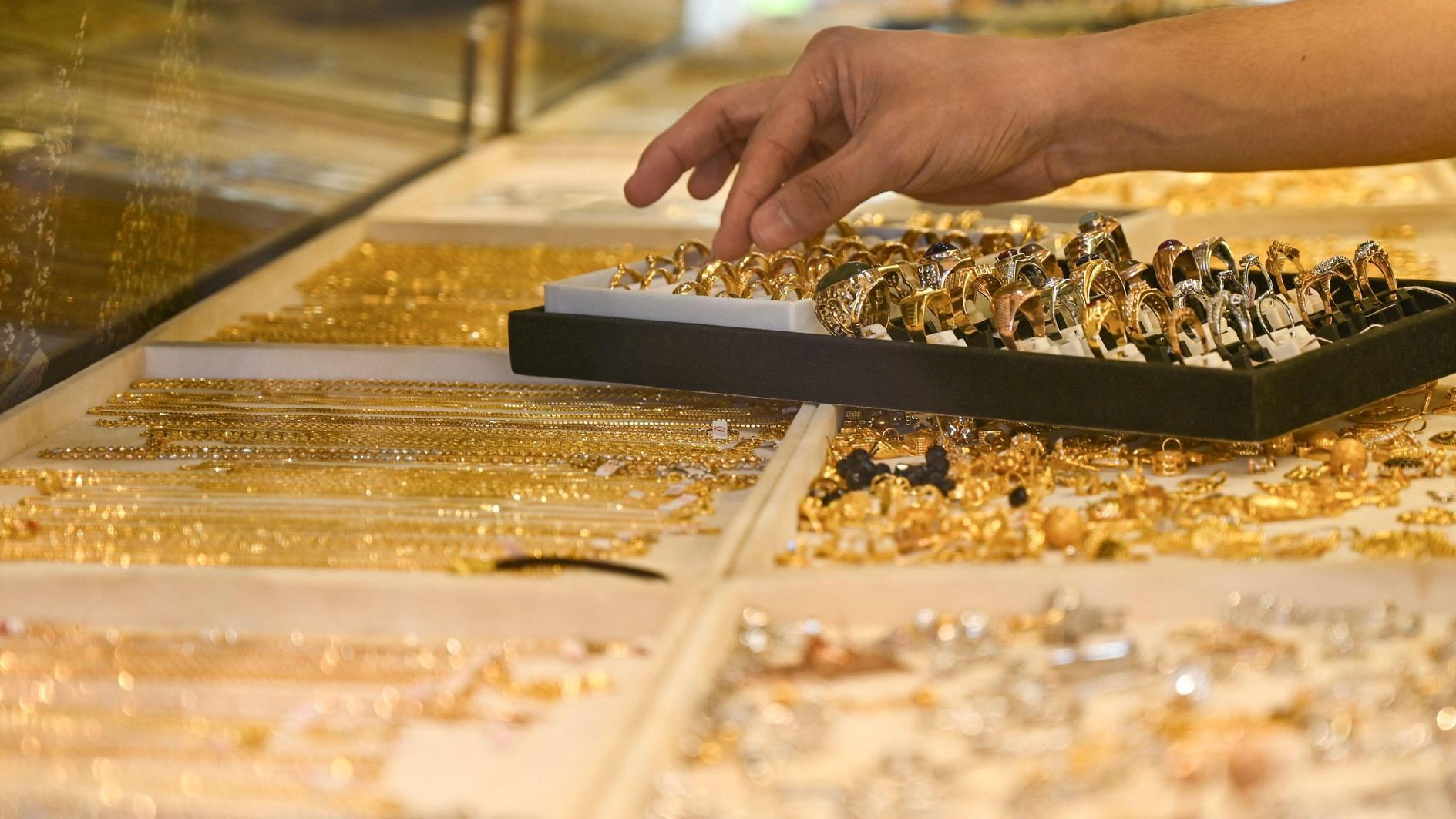New Ukraine truce due to come into force on Feb 20
MOSCOW
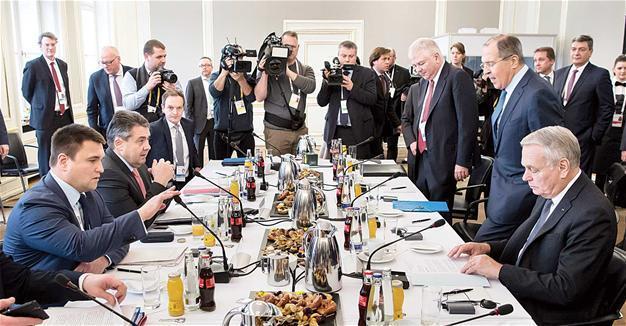 A truce between government forces and pro-Russian rebels in eastern Ukraine will come into force on Feb. 20, Moscow and Kiev said, though some separatists were already labelling it unfeasible.
A truce between government forces and pro-Russian rebels in eastern Ukraine will come into force on Feb. 20, Moscow and Kiev said, though some separatists were already labelling it unfeasible.The Feb. 18 announcement comes after nearly 30 people lost their lives as violence flared again earlier this month in a conflict that has left more than 10,000 people dead since April 2014.
In another sign that tensions are far from easing up, Moscow signed a decree on Feb. 18 recognizing passports issued by rebel authorities in Ukraine’s separatist regions, triggering a protest from Kiev which called it a “provocation.”
The new cease-fire deal was announced after the foreign ministers of Ukraine, Russia, Germany and France met on the sidelines of a security conference in Munich, with Russia’s Sergei Lavrov calling it a “positive” development.
But the warring sides had already agreed on Feb. 15 that they would withdraw heavy weapons from the frontline by Feb. 20 in line with a tattered peace plan, and Lavrov warned that there had been no “major progress” in Munich.
Ukrainian Foreign Minister Pavlo Klimkin confirmed the deal, warning that the cease-fire must turn into more than a “political slogan” in practical terms.
“This has to be the real situation - and if that’s not the case, we will have to have fresh negotiations,” he told Ukrainian reporters in Munich.
Pro-Russian separatists on the ground declined to confirm they were planning to respect the new cease-fire, with some saying it was unfeasible for it to come into force as early as Feb. 20.
“There has been artillery fire all day,” said Eduard Basurin, a senior official in the self-declared Donetsk People’s Republic, AFP reported.
“What truce are they talking about? I don’t see the point in declaring a truce.”
He added that “for the moment on the Ukrainian side, we see no withdrawal” of heavy weapons as detailed under the latest plan.
Several cease-fires have already faltered in a bid to end Europe’s only armed conflict, thanks to regular flare-ups in fighting between the pro-Russian rebels - whom Moscow has furiously denied giving financial and military support, despite Western allegations - and Ukrainian troops.
The most recent violence earlier this month saw some 30 soldiers and civilians killed in the flashpoint town of Avdiivka.
“Sometimes we must admit that there is a lack of willingness on the ground,” French Foreign Minister Jean-Marc Ayrault said Feb. 18.
In Moscow, President Vladimir Putin raised Kiev’s ire again by signing a decree recognizing passports issued by the self-declared Lugansk People’s Republic and the Donetsk People’s Republic.
“Ukrainian citizens and stateless persons who live there” will now be able “to enter Russia and exit Russia without a visa,” the decree said.
Moscow described the move as “temporary” until a “political solution” is found to bring peace to the region.
But Ukraine’s President Petro Poroshenko blasted the decree as “fresh proof of the Russian occupation and violations by Russia of international law,” adding it was “highly symbolic” that it was published while he was meeting in Munich with U.S. Vice-President Mike Pence, who informed him of the move.
Pence “underscored U.S. support” for Ukraine’s sovereignty and territorial integrity and underlined that the U.S. does not recognize “Russia’s occupation and attempted annexation” of Crimea, Pence’s office said after the meeting.
Ganna Gopko, head of the foreign affairs committee of the Ukrainian parliament, told AFP: “It’s a deliberate provocation by Putin.”



